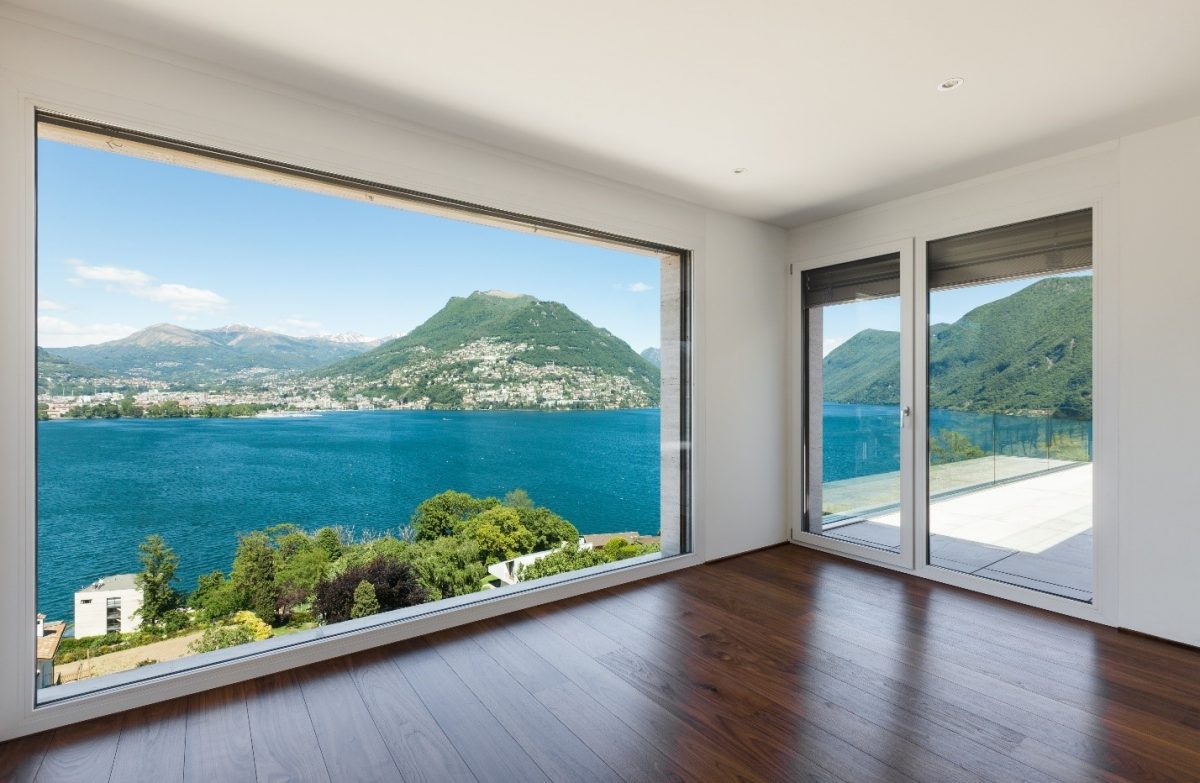Upgrading your home with energy-efficient windows is one of the wisest investments you can make as a homeowner. High-performance glass can lower energy bills, improve comfort, reduce moisture condensation and outside noise, and potentially boost resale value down the road. With many window glass options on the market today, it can get overwhelming trying to pick the right solution for your needs and budget. Here, we’ll discuss energy efficient glass and tips for upgrading your home with it.
What is Energy Efficient Glass?
Energy efficient glass refers to double or triple-glazed window panes with special coatings and gases injected between them to slow heat transfer. Compared to regular single-pane windows, which lose heat rapidly, energy-efficient ones have higher insulation ratings (measured in R-values), so they do a superior job of retaining interior air temperature. There are different technologies available – some types, like Low-E glass, have metallic coatings that reflect heat into a room during cold weather and outward on hot days.
Others are filled with argon or krypton gases between the panes, which insulate against conductive heat flow. The core functionality of these upgraded windows lies in their ingenious methods to trap desirable heat in the winter while blocking excessive sun rays in the summer, helping maintain a comfortable climate inside while saving on energy expenditures.
Tips for Upgrading with Energy Efficient Glass
When upgrading your windows, here are some tips for choosing the right energy efficient glass:
1. Living Spaces
South-facing living spaces heat up easily. Choose Low-E glass to block UV rays and limit heat gain. Electrochromic glass offers the most control over glare and temperature.
2. Kitchen
Low-E glass works well for typical kitchen use. Consider thermochromic glass by sinks, which tints automatically on hot sunny days.
3. Bedrooms
Prioritise noise reduction with laminated panes plus improved insulation with aerogel or argon/krypton gas-filled double glazing.
4. Bathrooms
Prevent condensation with Low-E coatings. For privacy, choose windows with translucent interlayers.
5. Basements
Opt for triple glazing with two Low-E coatings and krypton gas fill for maximum insulation.
Choosing Energy Efficient Glass
When selecting new energy-efficient windows, consider these factors:
- Climate: Colder climates benefit more from Low-E glass, which retains interior heat, while hotter climates need solar control coatings that reflect heat.
- Window Frame: Frames conduct and leak heat, undercutting efficiency gains from the glass. Choose insulated frames made of uPVC or Aluminium.
- Placement: Prioritise upgrading windows on south- and west-facing walls first, as they receive the most sun exposure.
Installation Considerations
Proper installation is key to ensuring energy-efficient windows perform as expected:
- Replace the entire window, not only the glass, for full efficiency and weatherproofing.
- Make sure the window frame size matches precisely or is slightly larger to ensure gaps are sealed.
- Use high-quality Sealants and expanding foam around the window frame for minimal air leakage.
Cost Analysis
While energy-efficient windows have a higher upfront cost, the investment pays for itself over time through energy savings. Payback periods typically range from 8-12 years. Many utility companies also offer rebates for upgrading to energy efficient glass.
Why Choose AIS Glass to get Energy Efficient Glass
AIS Glass is a great option if you’re looking to install energy-efficient windows. They offer affordable products that can cut your energy bills. Beyond cost savings, their specialised glass comes in different tint options and thicknesses to fit your home’s needs. With customisation, efficiency and quality all rolled into one, AIS Glass ticks all the boxes.
Conclusion
Upgrading your home’s windows with energy efficient glass provides better insulation, comfort, noise reduction, and sustainability. Evaluate each room’s needs and climate conditions when selecting the right glass. A proper installation also ensures you reap the full rewards of lower energy costs. The investment into energy-efficient windows is well worth it for the long-term benefits.

